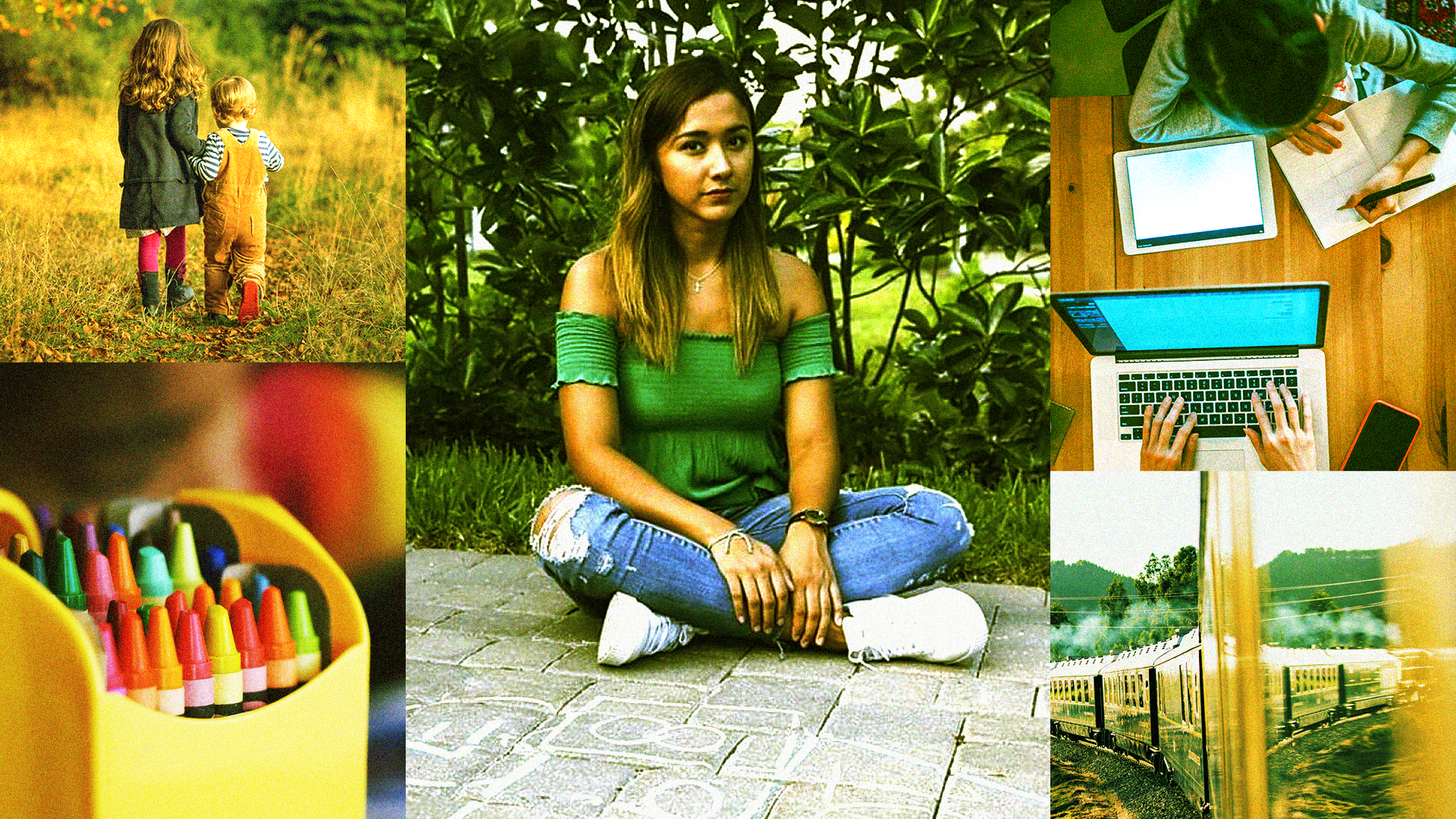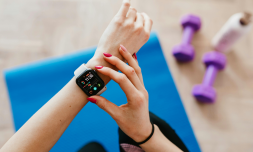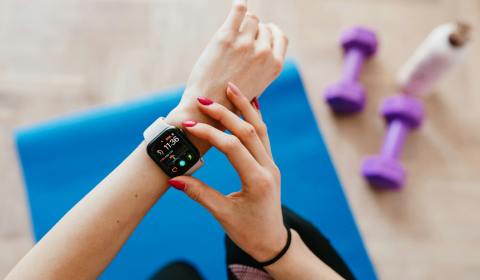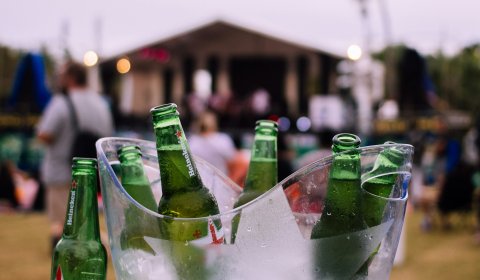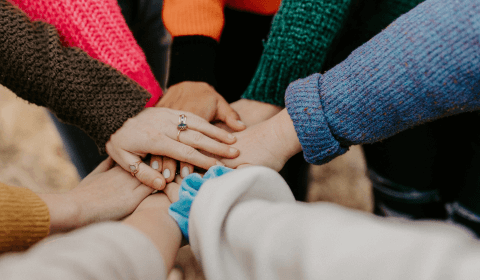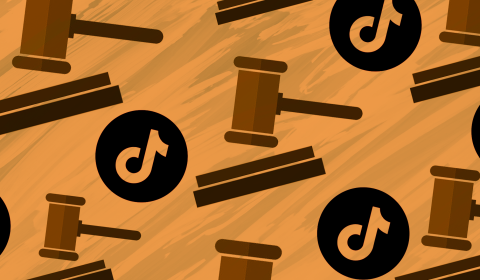After 18 years of education, many young people want to travel the world. Becoming an au pair is the best way to see the wonders of Earth while maintaining a living — but is it the solution it’s made itself out to be?
Feeling the pressure from the American education system, 19-year-old Edwina Koch set off to become an au pair for a family in Paris. ‘Moving to France seemed like a great way to spend time thinking about what I wanted to do in life,’ she says.
There was also something about the culture and language that called her, she adds, now 27 and still based in the same French city.
Koch, who was born in the Philippines and raised in the US, is the co-founder of YouTube channel and blog Oh Paris, Au Pair, which initially started as a way to promote her co-authored book, How to Become an Au Pair in Paris.
Koch and her co-founder Hannah Watkin are now the proud leaders of a community of young women traveling abroad, supporting each other through their shared challenges.
‘We love promoting the idea of following your dreams, learning languages and discovering new cultures,’ Koch says on their channel’s mission.
While the two of them have endured life changing experiences, those haven’t been entirely positive. Koch says there are a lot of challenges that come with the role that you won’t necessarily consider in the beginning.
‘Such as watching kids,’ she says. ‘Discipling kids and finding the balance between being a friend to your host family while also working for them is extremely difficult.’
Being away from your support system is hard too. Homesickness ‘totally sucks’, Koch says, and it wasn’t until she found her best friend Hanna and a community, that she was able to enjoy her time in Paris.
On top of that, when the Covid-19 pandemic hit, Koch was forced to live in a little nine-metre-squared room in Paris by herself for three months. No social interaction for all that time was ‘intense to say the least’, she recalls and so she made the decision to move back to the US.
Koch is one of many au pairs across the world who was affected badly by the pandemic. In the US, former president Donald Trump suspended most foreign work visas, leaving some 20,000 au pairs completely displaced.
Kenza Begna, currently an au pair for a family in Fife, Scotland was among those impacted in the UK. The 21-year-old is from Lyon, France and became an au pair because she needed to work on her English and had no idea what to do after her studies came to an end.
‘I’m fully immersed in another country’s family and free time allows me to travel around Scotland with the money I make,’ she says on the perks of her occupation.
But when the coronavirus surfaced, the nurseries closed and she was made to work longer hours, stripping her of the usual freedom of countrywide trips. ‘My life just revolved around the kids, which was hard,’ she adds.
Naomi Omokhua, a 22-year-old from London, was an au pair up until last year. While the pandemic affected her like it did anyone else on the planet, she says that there are pre-existing disadvantages that come with being an au pair.
Omokhua says she went into the profession to ‘escape’ the UK and improve her French. While she was met with weekly pay, free food, beautiful weather, and days off — she also faced pangs of loneliness and racism.









